It's hard to describe. Not the sadness. Not the malaise. Not the loneliness. The pain. The physical pain of my muscles eating away at themselves. I would later find out that this is called Rhabdomyolysis—or rhabdo—and my muscles were dying and releasing their contents into my bloodstream. Not the way most high school students spend the best time of their lives.
I grew up in a suburb of Chicago where I had a wonderful life and a great family. My parents, God bless them, were caring and nurturing and gave me an incredible childhood. My brother, Stephen, has been a caring presence throughout my life. I excelled academically in school, was captain of the soccer team, and had a great, flourishing social life. I had no reason to be sad or upset with my life.
But in the middle of my sophomore year, things went south. I started isolating, focusing more on schoolwork, eating fewer and fewer calories, and I picked up running. A lot of running.
I started to run to shift my attention away from the mental anguish I was experiencing. At one point, I was running 12-15 miles a day and ran over 1,000 miles in one summer. This grueling exercise, coupled with only eating 500-600 calories per day, led me to lose thirty pounds in three months. I was 6 feet tall and weighed 110 pounds.
I was taken to my doctor and was diagnosed with major depressive disorder. Many people know the feelings of sadness and despair acutely, although probably not to the extent or length of time that I survived. The physical pain of my body eating away at itself and the intense hunger are experiences that I have hard time describing in any detail. These are feelings that I will carry with me for the rest of my life.
I was never officially diagnosed with anorexia, but looking back at my symptoms and disordered views of eating, I'm sure I had it. Being anorexic as a male may not seem common, but I'm hardly alone. In the U.S., 6.6 million males will struggle with an eating disorder in their lifetimes, even though men and boys were excluded from research studies and diagnostic criteria up until very recently.
It wasn't until 2013 when the fifth edition of the Diagnostic and Statistical Manual of Mental Disorders was released and the criterion of amenorrhea—loss of menstrual cycle—was removed from the diagnosis of anorexia, allowing males with the disorder to be able to receive an appropriate official diagnosis.
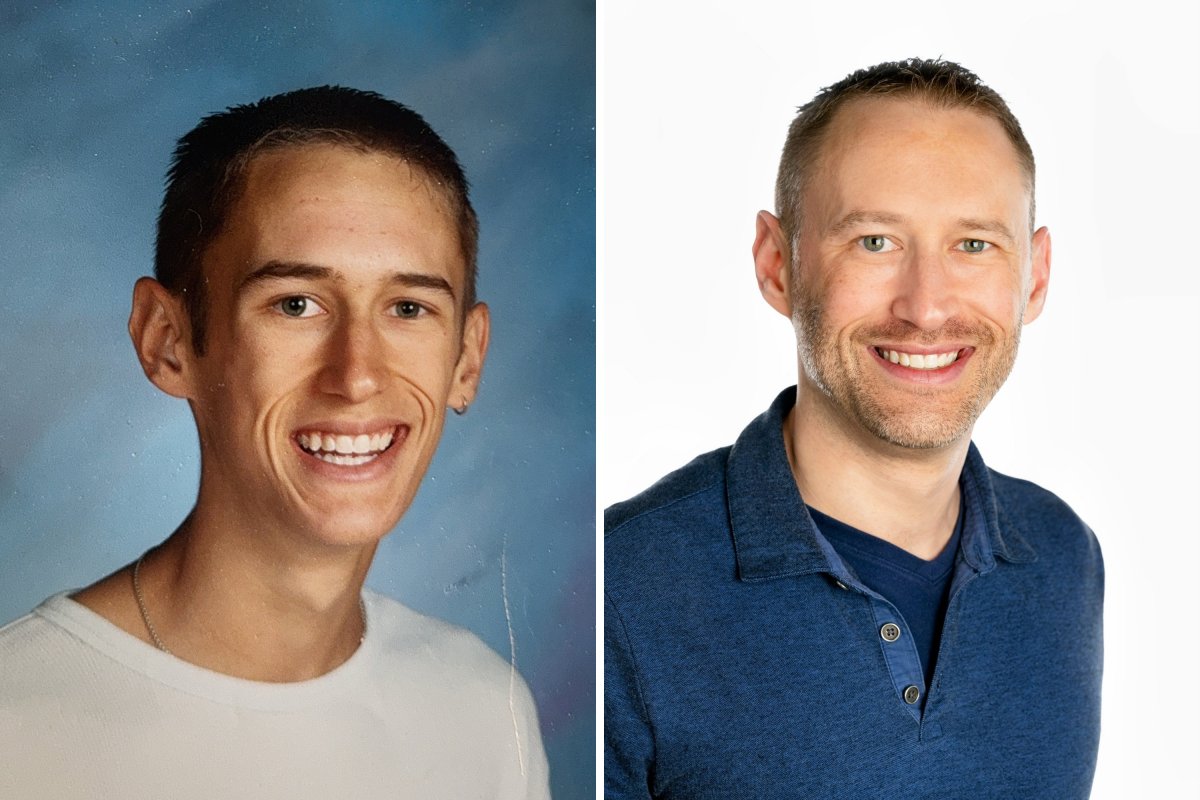
I remember hearing in hushed tones about some of my high school female classmates having eating disorders. Speaking out about my struggles with food and my weight was never really an option 20 years ago. I was barely hanging on and I couldn't imagine the ridicule and shame I would have experienced, if I were open about my illnesses.
After many years of medication trial and error, my life started getting on track. I gained back all the weight lost and my mood improved, but my food issues persisted. I eventually became bulimic after a few years of healthy living and had to go through an in-patient program and more medication changes before I became well enough to quit the binge-and-purge cycle and relearned how to live.
It took me several years to become a functioning member of society and even longer to become comfortable enough with what I endured to talk about it openly.
I often get asked why I'm so open about what I went through. When I was in the throes of it, I didn't have any guiding examples of men who had survived and thrived after going through similar experiences.
Social media was still in its infancy and there was such a stigma around eating disorders in men that it would have been very difficult to find anyone who could relate. I want to be that example and be the reason someone believes life can and will get better. It's difficult to believe if you don't know anyone who has survived something similar. If I'm able to offer hope to one person who is hurting, my journey will be worth it.
I wouldn't wish my experiences on anyone. There were days I didn't want my life to go on, but I learned so many valuable lessons, including the importance of compassion. Life can be so difficult for many people, and for many reasons, and I can relate.
To help people who are facing difficult circumstances, I founded my company in 2022, Pastries with a Purpose. The mission is simple: sweeten the lives of those in need through the creation of delicious desserts.
I have donated over 5,000 batches of desserts to places such as local homeless shelters, non-profits that support teens who have experienced trauma or abuse, shelters for homeless veterans, people with special needs like autism and Down syndrome, hospice centers, hospitals, first responders, children and teens in foster care, and dog treats for animal shelters.
It's my way to give back and offer hope to those who are hurting. There is hope. There is always hope, and I aim to be an example for the rest of my life.
Dave Marks is a digital marketing professional passionate about non-profit work. He lives near Chicago with his loving wife of 5 years. He owns Pastries with a Purpose, an organization that bakes and donates desserts to non-profits, such as homeless shelters, teens who experience abuse, and dog shelters.
All views expressed are the author's own.
Do you have a unique experience or personal story to share? See our Reader Submissions Guide and then email the My Turn team at myturn@newsweek.com.


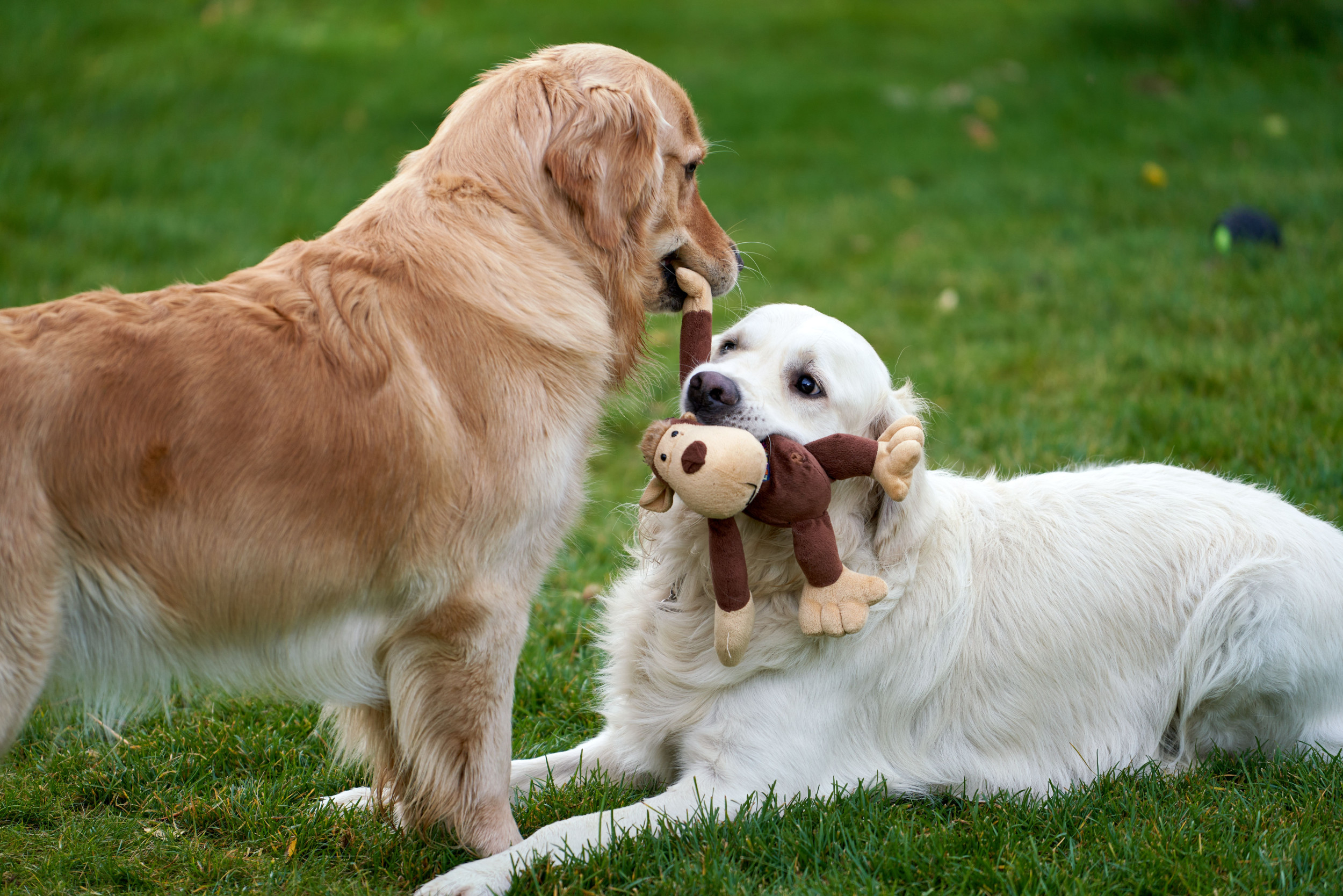

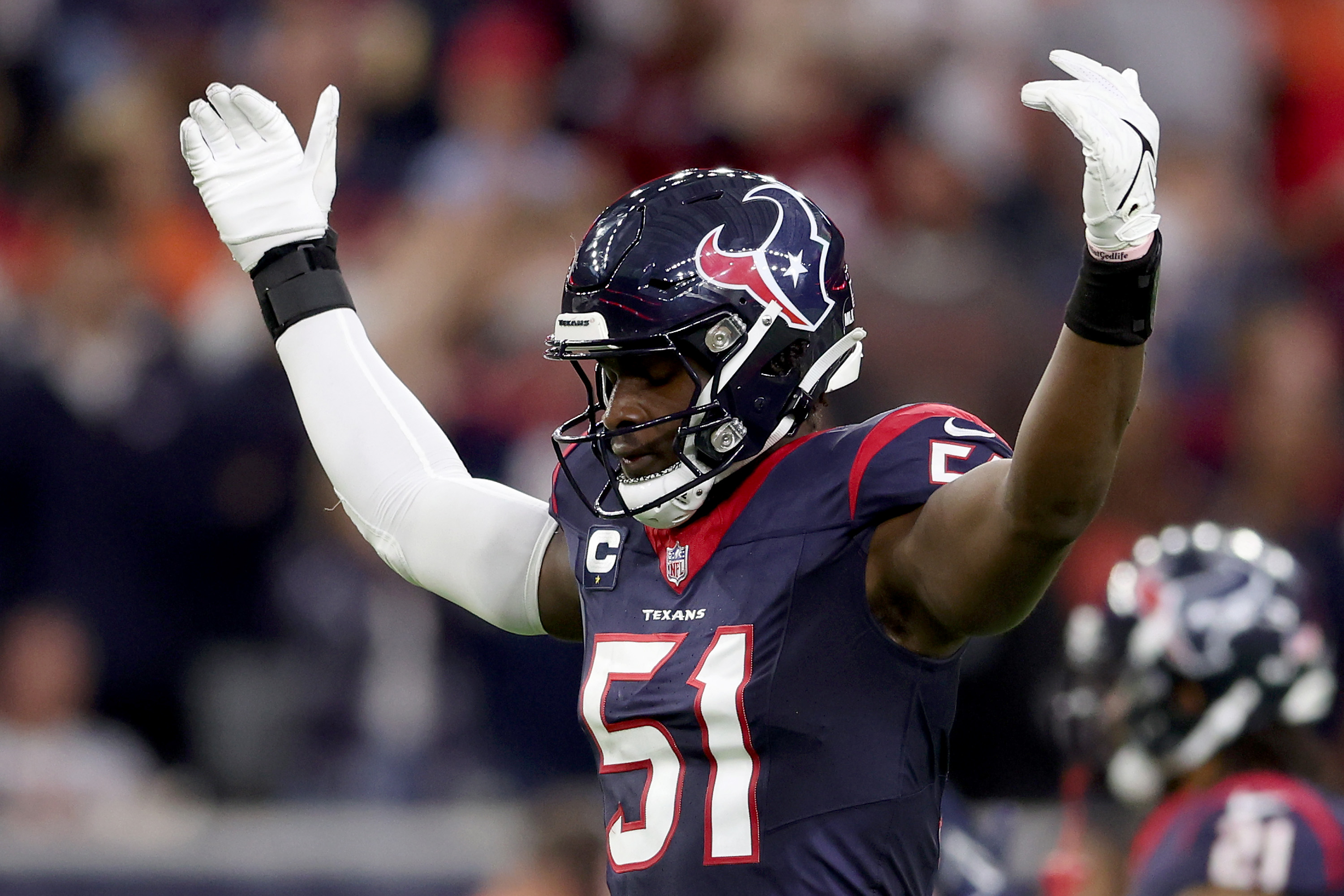

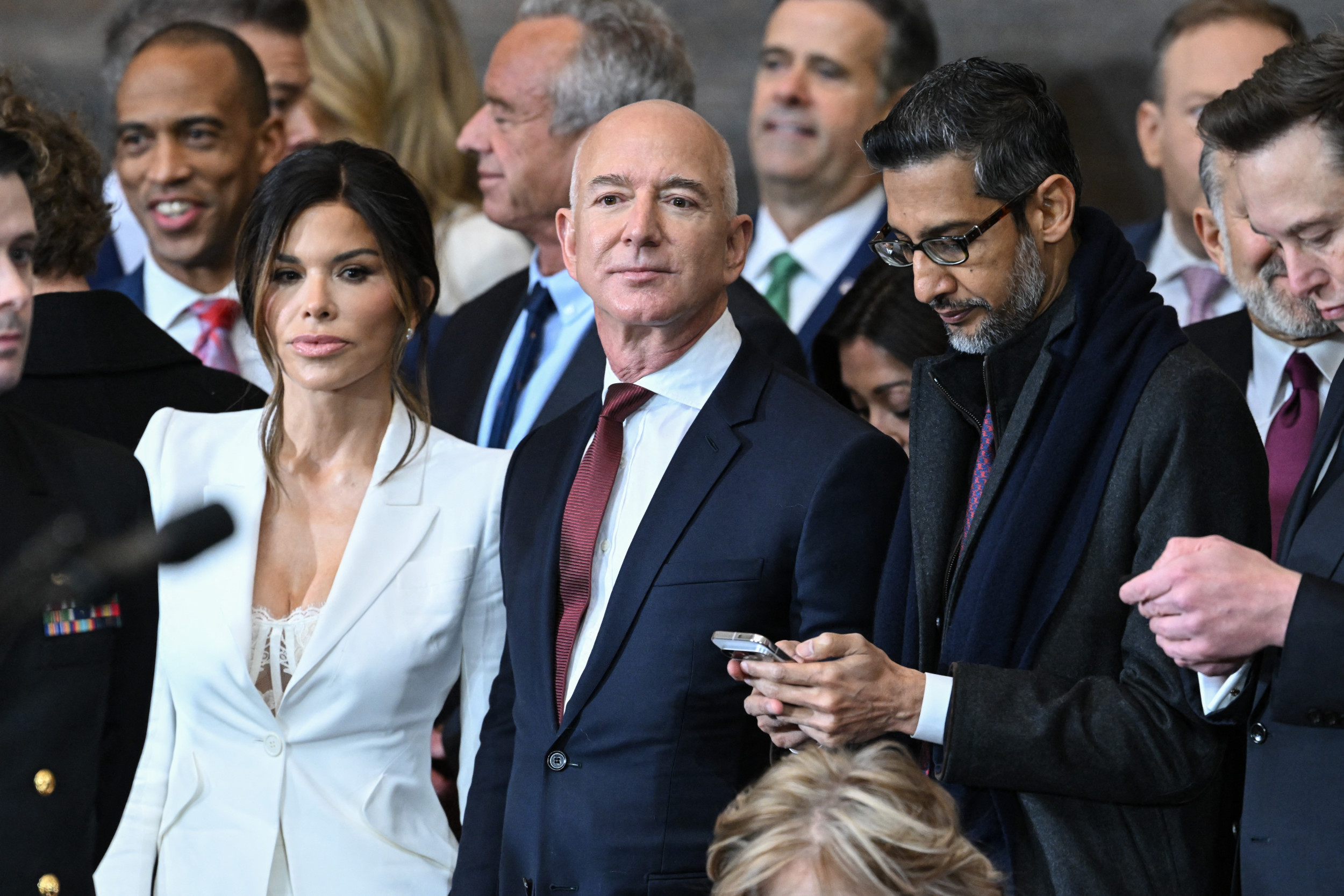

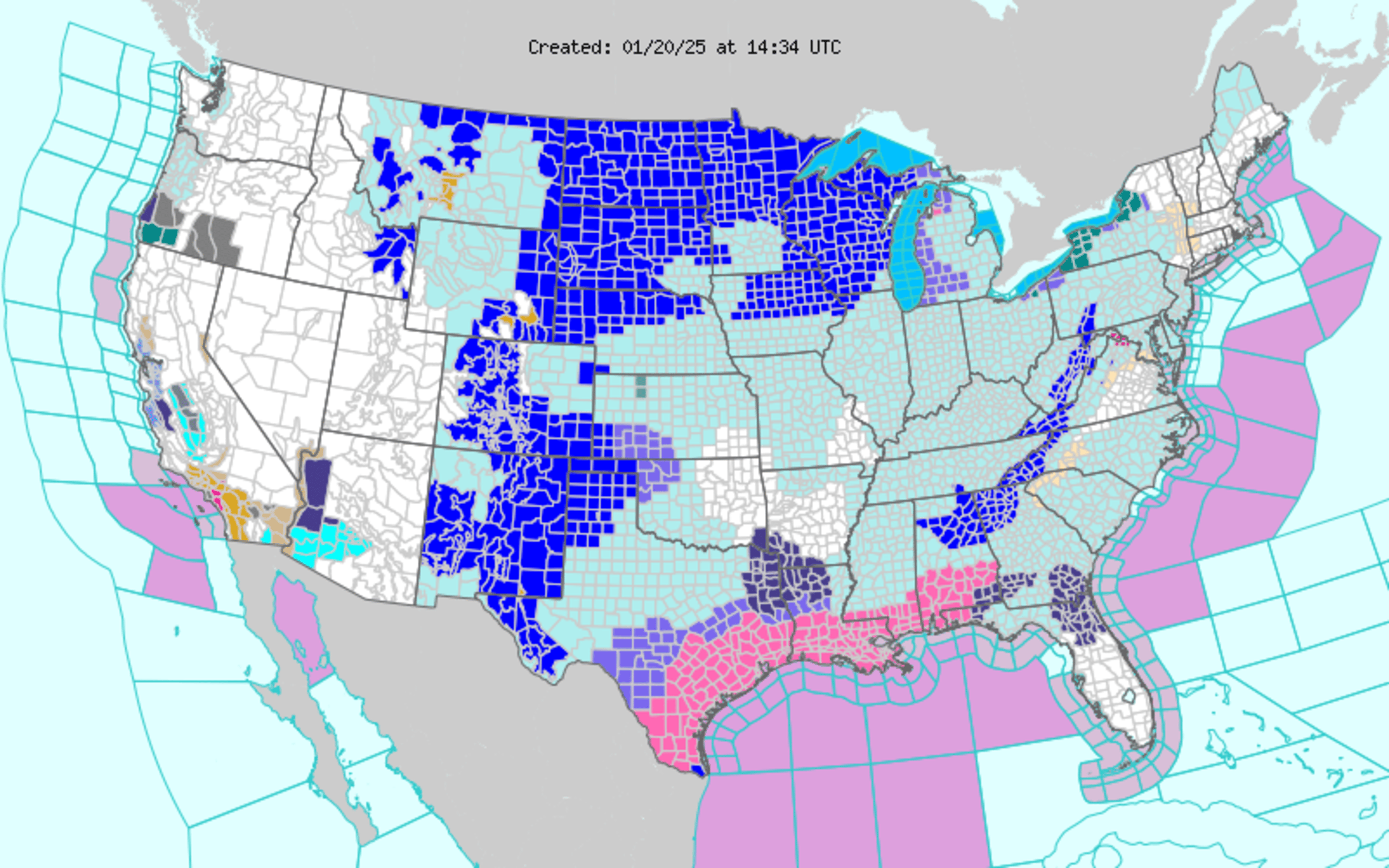
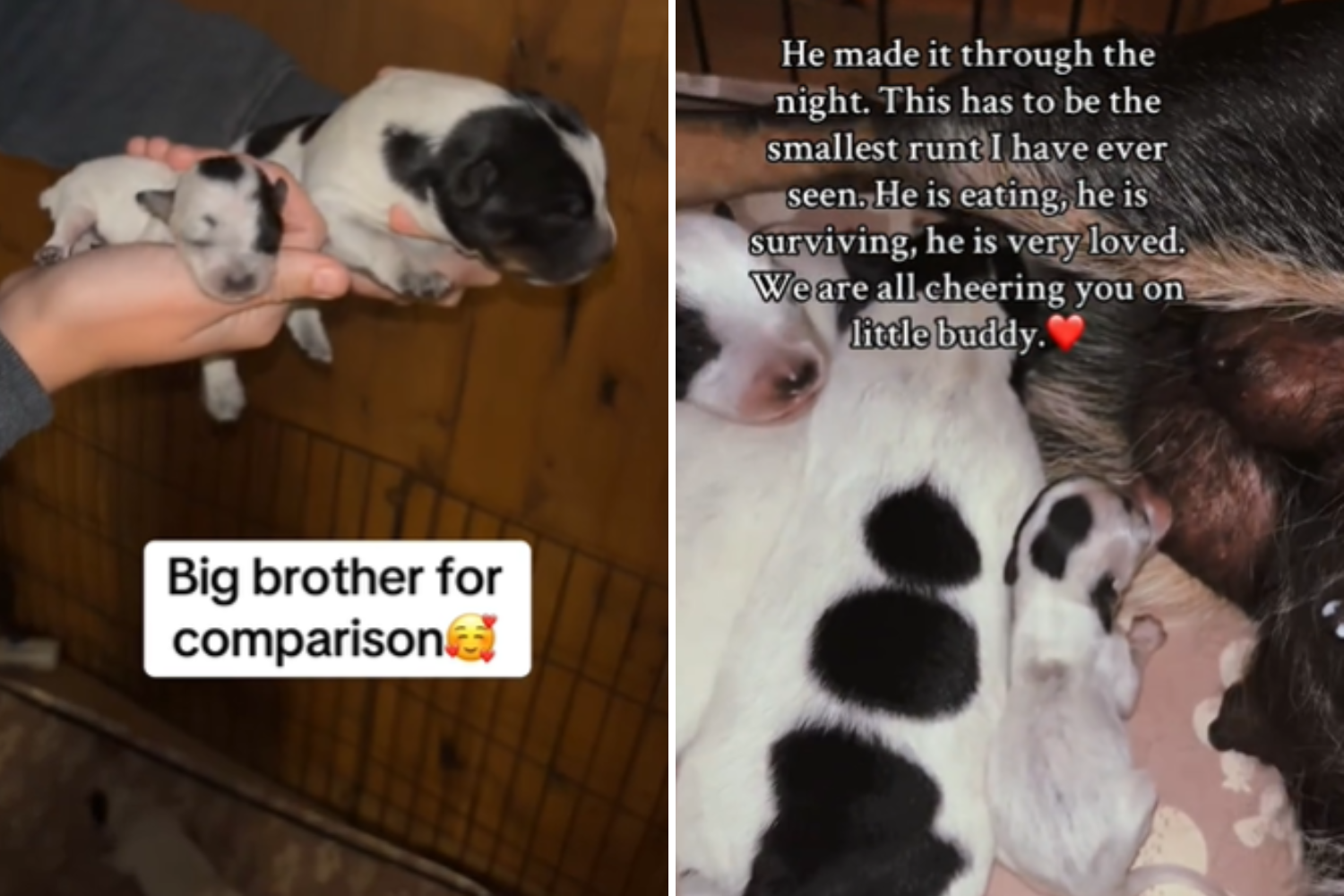

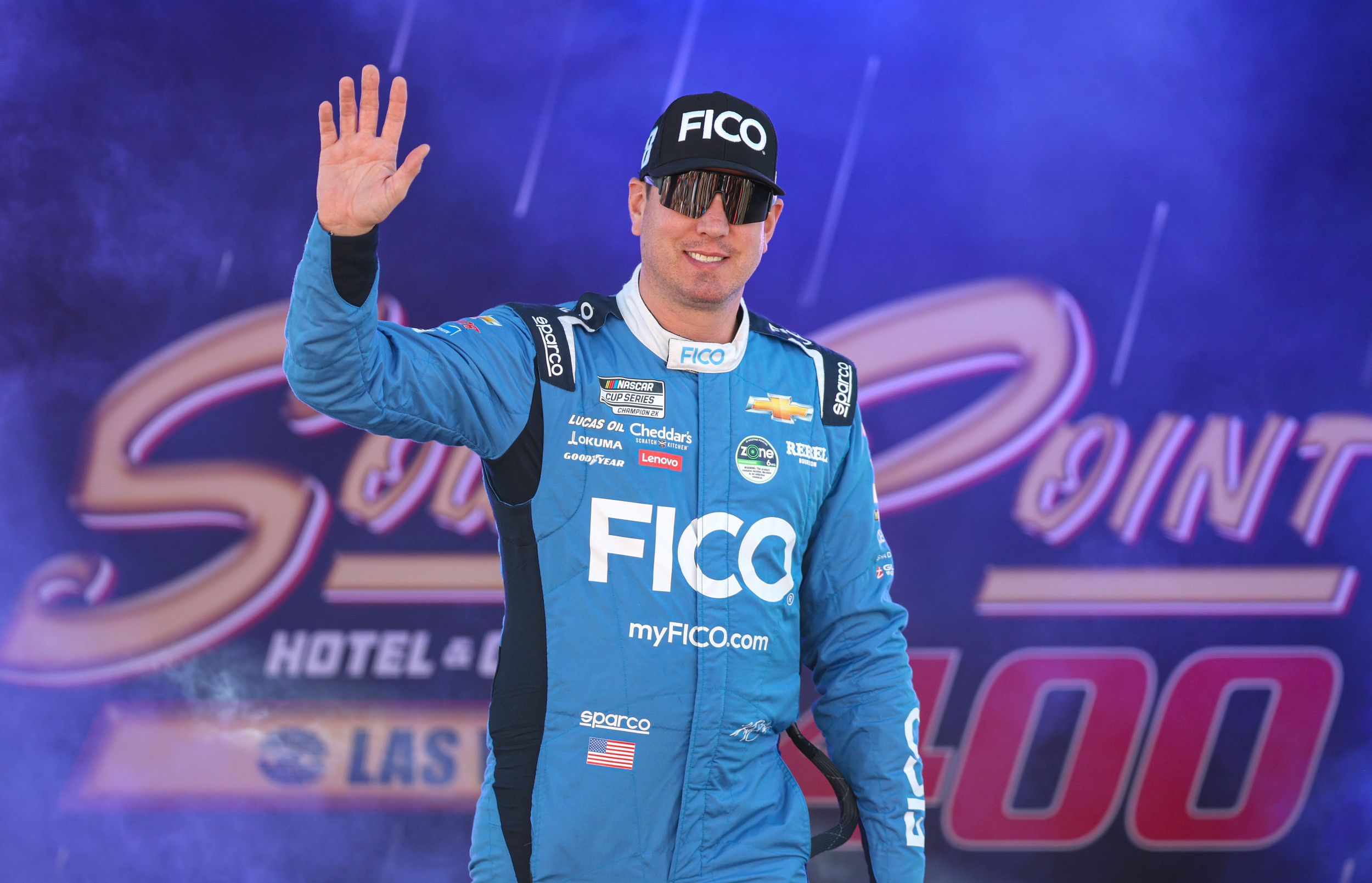








 English (US) ·
English (US) ·